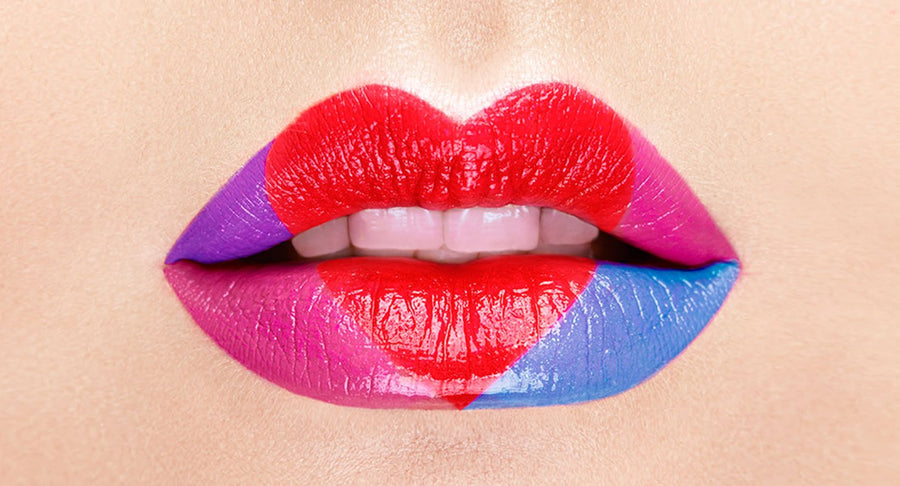What you need to know about hyaluronic acid

Hyaluronic acid is a key ingredient found in most skincare products, particularly in serums and moisturisers.
But we get what you might be thinking.
Any ingredient with the word “acid” in it is bound to raise some eyebrows – especially when used in the context of skincare. But hyaluronic acid doesn’t burn the skin. In fact, it is essential for our skin.

Why our skin needs hyaluronic acid
You may not know this, but we are born with hyaluronic acid. It’s a glycosaminoglycan, which is a long, fancy technical term for a naturally occurring substance in our bodies.
Hyaluronic acid is a carbohydrate molecule that provides lubrication to the connective tissues of our joints and mostly, our skin which makes up about 50% of our hyaluronic acid content.
It’s a humectant which basically means that it’s able to grab hold of moisture long enough for our skin to absorb it.
This magical moisture booster can hold 500 times its own weight in water meaning that one gram of hyaluronic acid can hold up to six litres of water. Six litres! It’s no wonder why you can find this hydrating ingredient in most moisturising skincare products.

If our body already produces hyaluronic acid, why are we giving it more?
You know how the old saying goes, “as smooth as a baby’s bottom”? Have you ever stopped to wonder why babies skin is so insanely soft? Sure, because it’s young. But what makes young skin youthful?
We are born with skin that’s packed with hyaluronic acid which is what gives young skin that plump, supple look and feel. As we age, gravity, sun exposure and the inevitable aging process drains our skin of its firmness and suppleness and the drier our skin gets, the more wrinkles and fine lines start to surface. Hence why it’s important to replenish our stock of hyaluronic acid, especially as our skin matures.
But hyaluronic acid, whilst full of anti-aging properties, is not just used for firming and toning aged skin. Hyaluronic acid also provides antioxidant defence against UV damage and strengthens our skin’s protective barrier.
Believe it or not, hyaluronic acid is also incorporated in a lot of acne treatments. The ingredients used in acne treatments tend to be harsh and over-drying. Hyaluronic acid is added to soothe the skin and rebalance its moisture levels.

Incorporating hyaluronic acid in your skincare routine
Hyaluronic acid is extremely accessible. Without even realising, it’s probably used in some of your favourite skincare and makeup products. Nevertheless, here are some products you can use to get your daily dose of hyaluronic hydration.


